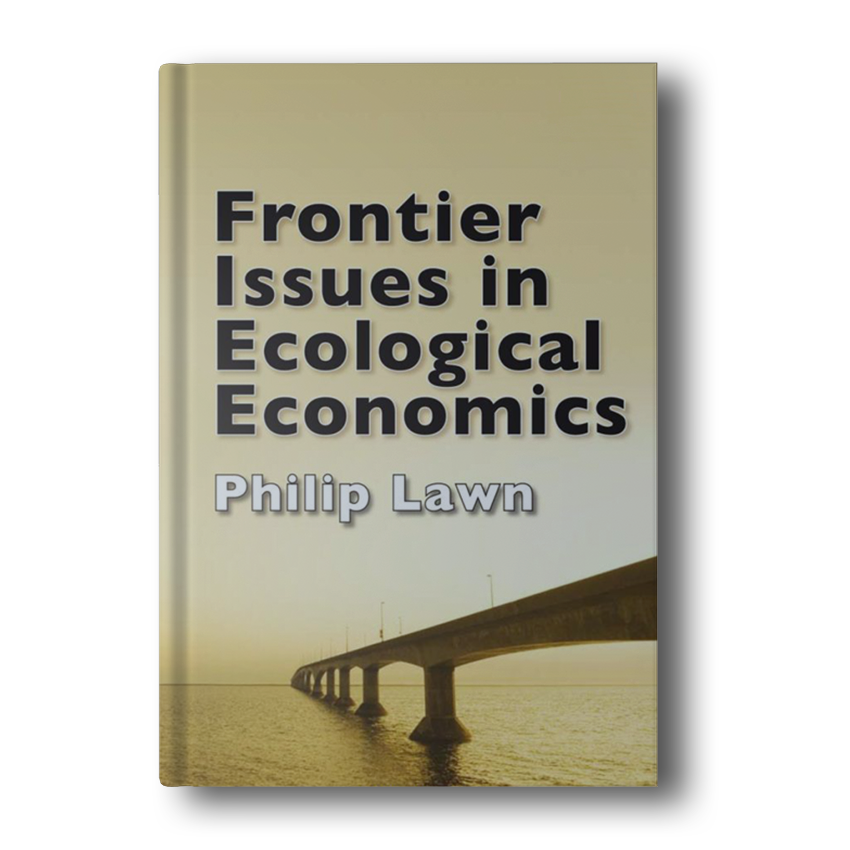Ecological economics formally emerged in the late 1980s in response to the failure of mainstream economic paradigms to deal adequately with the interdependence of social, economic and ecological systems. Frontier Issues in Ecological Economics focuses on a range of cutting-edge issues in the field of ecological economics and outlines plausible measures to achieve a more sustainable, just, and efficient world for all.
Covering a broad range of key subjects, this book deals with some of the frontier issues that have recently emerged in ecological economics and those that continue to remain a source of disagreement and debate. In doing so, the book highlights the importance of natural capital, the limits to growth and markets in achieving sustainable development, the policy-guiding value of sustainable development indicators, ecological tax reform considerations, environmental-macroeconomic issues such as the reconciliation of the ecological sustainability and full employment objectives, and measures to deal with growing globalisation concerns.
The book concludes with the optimistic assessment that a transition to a steady-state economy – necessary to achieve sustainable development – is entirely compatible with a democratic-capitalist system.
Philip Lawn’s latest book will appeal to academics and researchers working in the areas of ecological, environmental and natural resource economics, sustainable development, green national accounting, environmental management and development studies. Policymakers, environmental managers and NGOs will also appreciate this book.



![From Growth to Convergence: Asia's Next Two Decades [Hardcover] Zhai, F.](https://booksfinders.com/wp-content/uploads/2023/03/From-Growth-to-Convergence-Asias-Next-Two-Decades-2009th-Edition-1-600x600.png)



















Reviews
Clear filtersThere are no reviews yet.